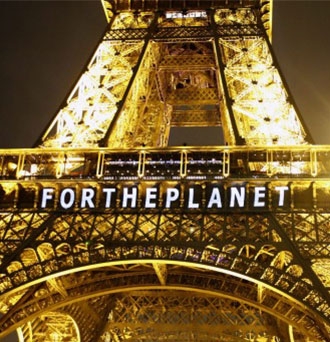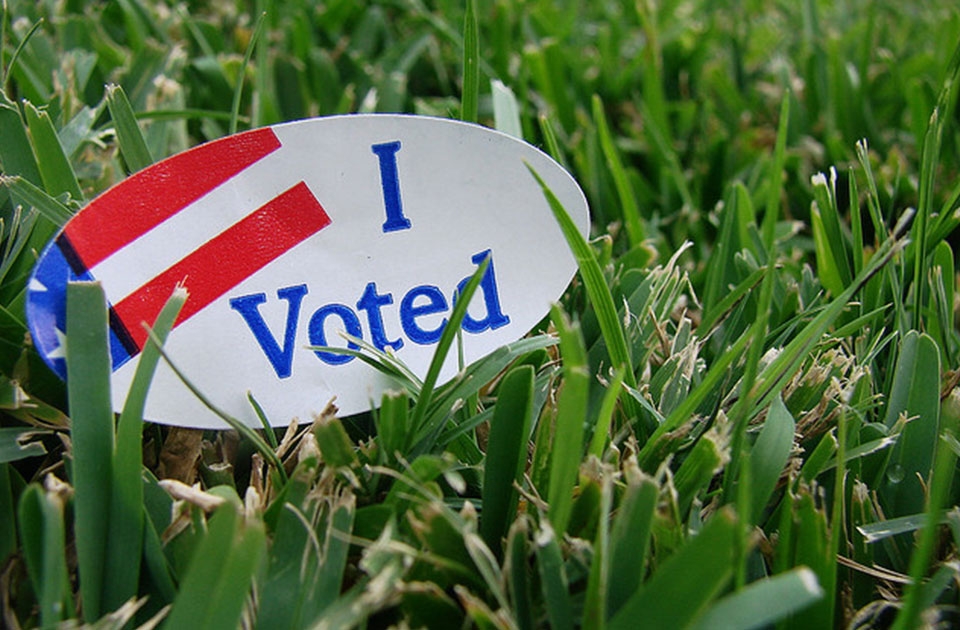
It wasn't just in Paris.
People from around the world began celebrating on Saturday evening as officials from more than 190 countries agreed to a landmark global deal to address climate change.
And they had reason to celebrate. The Paris Agreement is a big step forward. It commits 196 countries to begin working together in an effort to limit global warming to no more than 2 degrees Celsius over pre-industrial levels. There's even a "stretch goal" of 1.5 C.
Pretty good, right?
Well...sort of. Some experts think that the countries' combined commitments will (if we're lucky) actually only limit warming to an additional 3.5 degrees Celsius (that's 6.3 degrees Farenheit).
But here's the real kicker: the "commitments" aren't really commitments. They're more like big publicly stated goals - with plans to reach those goals and mechanisms to track them - but no penalties for falling short. In fact, when the word "shall" (rather than "should") appeared in the draft agreement at the last minute, it almost killed the entire deal. The offending word was - of course - hastily removed.
In short, Paris gives us hope, but it doesn't give us results.
Yet, hope is important. For the first time, global leaders have come together and agreed to start working in concert to curb climate change. This is a big deal...because climate change can often seem so big and scary that we feel overwhelmed and unable to begin addressing it. But the Paris Agreement gives us a path forward.

Now our first step on that path forward needs to be a step into the ballot box.
It is crucially important that environmentalists make their voices heard at the polls, this year and every year. Whether the United States lives up to its Paris Agreement "commitments" will depend solely upon which leaders we elect to set our environmental, energy, and economic policies over the next few decades.
And we're not just talking about national elections. Most of the real heavy lifting will be done by state and municipal governments, which is why environmentalists need to begin voting in every single election. Yes, every single election.
Politicians will only feel the pressure to fulfill the Paris Agreement commitments if we apply that pressure at the ballot box. And if we don't apply that pressure? Well...then the Paris Agreement will have been no more than wishful thinking.
The good news is that voting is easy, and the Environmental Voter Project is here to make it even easier. Join us, as we begin mobilizing millions of environmentalists to vote in local, state, and national elections.
Paris has given us a great opportunity. Let's not waste it.
Click here to join the Environmental Voter Project.
